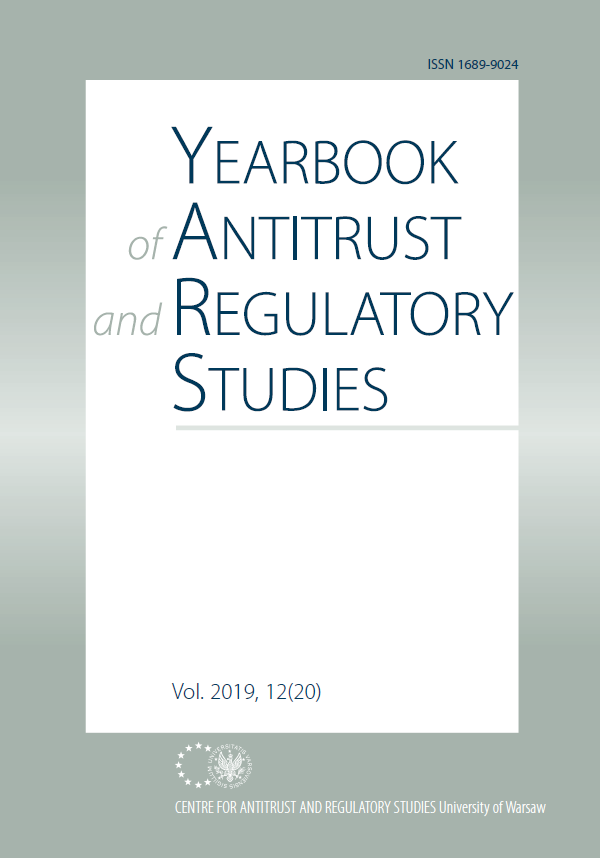The Implementation of the ECN+ Directive in Hungary
And Lessons Beyond
The Implementation of the ECN+ Directive in Hungary
And Lessons Beyond
Author(s): Katalin J. CseresSubject(s): Economy, Law on Economics
Published by: Wydawnictwo Naukowe Wydziału Zarządzania Uniwersytetu Warszawskiego
Keywords: EU Competition law; Institutional design; Competition Law procedures; Hungary;Decentralization;
Summary/Abstract: In order to facilitate national competition authorities (NCAs) in their application of EU competition rules, the EU legislator adopted Directive 2019/1/EU. The Directive’s aim is to empower the competition authorities of the Member States to be more effective enforcers of competition law and to ensure the proper functioning of the internal market. The so-called ECN+ Directive introduces minimum harmonisation rules allowing competition authorities to have common investigative, decision-making (notably fining decisions) and enforcement powers. The Directive, furthermore, sets minimum safeguards for the NCAs’ independence, accountability and resources as well as harmonizes leniency programmes including the coordination of national leniency programmes with each other and with that of the European Commission. This paper critically analyzes the legal and policy developments that paved the way for the adoption of this Directive. Moreover, it examines the changes the implementation of the Directive is likely to generate in current Hungarian law and policy of competition protection. The focus of the paper’s assessment is on the institutional aspects of the Directive and the enforcement of Articles 101 and 102 TFEU, in particular the mechanisms for ensuring independence and accountability of the NCAs. Through the assessment of the Hungarian implementation, the paper aims to shed light on a broader context of the Directive and the enforcement of EU competition law in EU Member States. The paper shows that the implementation of the Directive may fail to translate into (more) effective enforcement without an effective institutional capacity on the side of the NCAs, and in the broader legal and constitutional context of competition law and its multilevel enforcement.
Journal: Yearbook of Antitrust and Regulatory Studies (YARS)
- Issue Year: 12/2019
- Issue No: 20
- Page Range: 55-90
- Page Count: 36
- Language: English

